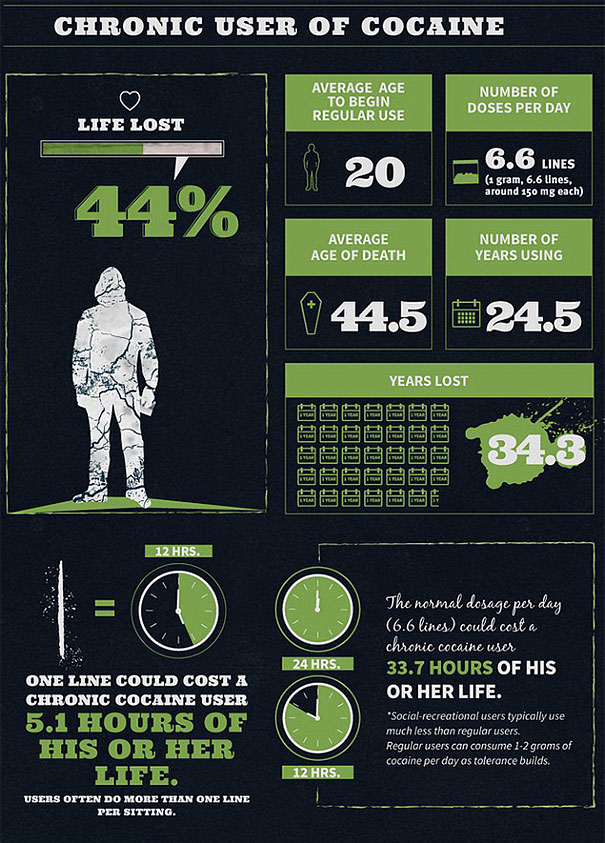Table of Content
“Manufactured homes” are homes built entirely in the factory under a federal building code administered by the U.S. The Federal Manufactured Home Construction and Safety Standards went into effect July 15, 1976. If you are still thinking about what kind of house will suit best to your pockets while having high quality then we have the answers simplified. There are different types of budget-friendly houses that can surprise you.

In this article, we will be focusing on those readers who want to buy a mobile home and would like to get the idea of the immediate, and short to mid-term costs involved. Along the way, you might pick up some helpful tips on how to classify mobile homes and what to look for when trying to value one. Customizable – surely, regular house construction can be customized to whatever design you want it to be, depending on your budget and what the building regulations allow. However, it isn’t much of an issue when it comes to mobile homes, as manufacturers will typically offer customization at a cheaper surcharge.
Pros and Cons of Modular Homes
The average cost to build a modular home is $80 to $160 per square foot or between $120,000 and $270,000 installed. Setting up a prefab house includes site prep, foundation, delivery, assembly, and utility construction. Modular home prices are $50 to $100 per square foot for the base unit only. Get free estimates from modular home builders near you or view our cost guide below.
Follow the checklist to avoid additional headaches and problems. Ray Gritton has been in the manufactured housing industry for over 40 years when he started his first dealership in Modesto in the 1970s. Since then he has worked for large corporations in charge of hundreds of dealerships and now owns 13 locations in 5 different states. Consider looking through the costs of mobile home delivery if you don’t fall into the fixed radius that the factory covers. Electrical and telephone hookups should be discussed with the appropriate utility authorities that handle these hookups.
Gen Z’ers Are Now Buying Homes. Here’s Why Manufactured Homes Are So Popular With Them.
Many people believe that affordable housing is out of their economic reach because mortgages on site-built homes are more difficult to obtain now. But they forget about new manufactured homes that are more affordable and of the highest quality. Today’s new mobile homes do indeed exceed most site-built homes in flexibility, efficiency, and of course affordability.

The landlord will collect rent in exchange for allowing you to stay on his or her land. Some communities offer amenities like pools and services like lawn care or trash pickup. These homes aren’t as popular just yet but are slowly taking their own share of the market.
New triple wide mobile homes
But for a mobile home, you’ll need to find the land and building details first. If you need to finance buying the land as well as the mobile home, that could impact how you finance your purchase. You might find that the cost is wildly different based on location, so where you find the space for your home matters. Real estate is likely to increase in value over time, but manufactured homes typically depreciate in value like a lot of private property . This is good news if you’re shopping for an inexpensive used manufactured home as you can get a good deal. And, if you already own one, as long as you maintain it well, it’s not likely to lose a lot of value.

More square footage means more room for your family, your possessions and your life. Manufacturers will often include delivery if you're located within a certain radius of their facility. Otherwise, you'll likely need to pay a fee based on the number of miles from the manufacturer. There may also be other delivery expenses if you require an escort vehicle or multiple trucks.
Those moving their mobile homes a long distance and across state lines may need multiple movers to handle the transportation. This is because a mover may be licensed to drive a mobile home in only one state, meaning he or she would need to hand off the car to another driver once across the state line. If moving your mobile home to a new county or state, permits may need to be acquired for each territory it enters or travels through. Fortunately, your movers should be able to help you get these permits in place before the move. You may also need to get a “setup” permit to install your mobile home in a new city.
They're more affordable because they don’t need a permanent foundation, and relocating them is easier. A modular home consists of sections or "modules" constructed in a factory, then delivered and set-up on-site. Modular homes come in pre-designed plans or can be customized to any shape or size. Modular homes follow the same building codes as site-built homes, but are stronger and more energy-efficient. The average cost to deliver a modular home is $5 to $10 per square foot or from $3,000 to $12,000 or more depending on the size, number of modules, and distance. Delivering a modular home includes transportation, an on-site crane, and a crew to set the modules onto the foundation.
You need plenty of space on your property for a crane and semi-trucks to deliver and install your home module sections. You often need to own or buy a piece of land before installing the modular home. Additions such as a garage, basement, or deck add to your overall cost.

Taxes differ quite significantly from state to state, and they also depend on the type and size of your mobile home. Most taxes on mobile homes are quite low, but some states have the same tax as you would have on a traditional home. If you have a private plot outside a mobile home park, contracting a professional to connect your utilities might run up your costs. Consider parking your mobile home in a park where utility hookups are included. Purchasing a mobile or manufactured home differs from buying a site-built home. A manufactured home is considered private property as opposed to the real estate classification of the traditionally built home.
Bedrooms and bathrooms themselves are also common areas for optional upgrades, with many models offering premium features such as walk-in closets and separate bathtubs and showers. Our guide to mobile home sizes will help buyers understand more about what each size of manufactured homes offers. There’s no one-size-fits-all solution, and each family will need to consider their own space needs.

No comments:
Post a Comment